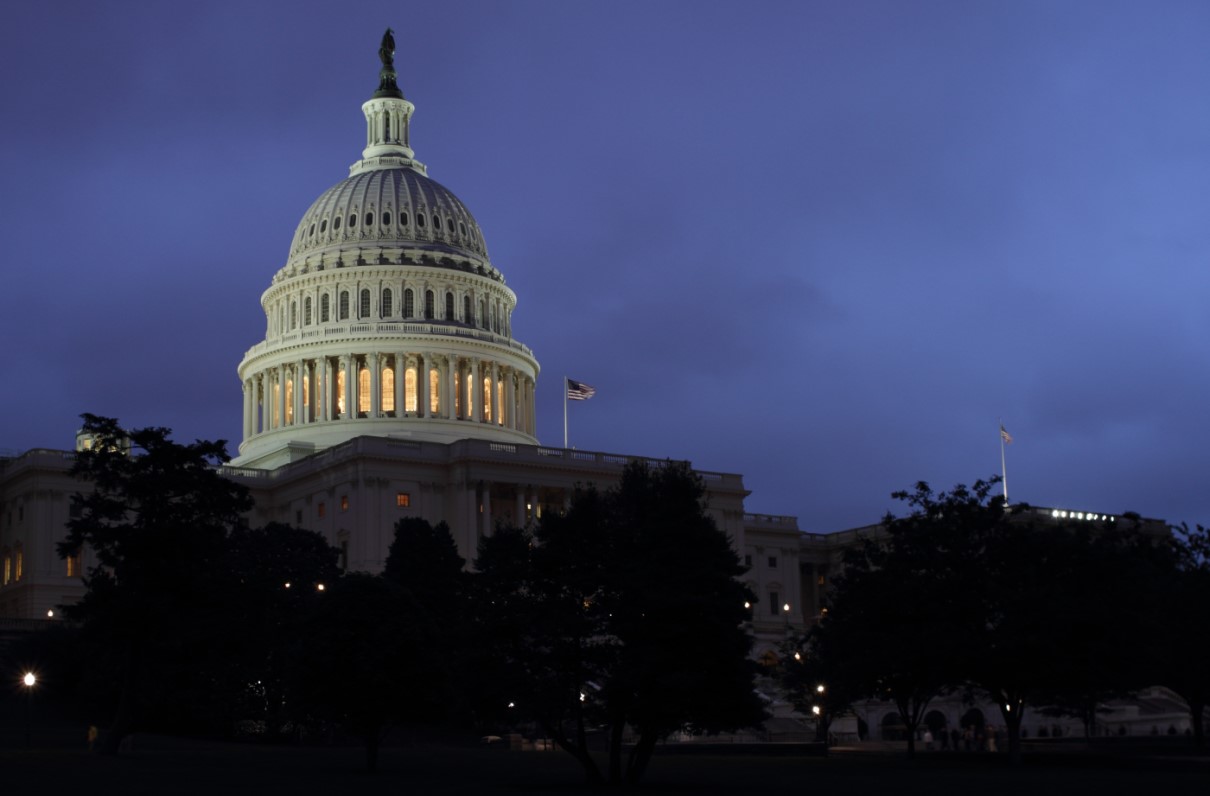Negotiations to raise the debt ceiling and avoid defaulting on the nation’s debt are ongoing as time runs short before June 1, the earliest date Treasury Secretary Janet Yellen estimates the government could reach the limits of its authorized borrowing.
Although the precise date the debt limit will be reached is uncertain, especially as the Biden administration may take unprecedented measures to prolong the time before the limit is reached, the Congressional calendar is rapidly winding down ahead of scheduled recesses for the upcoming Memorial Day weekend. House Speaker Kevin McCarthy is seeking resolution before this weekend as both parties search for consensus on how to pay the nation’s bills and appropriate funds to keep the government open.
What happens if no deal is reached before the Treasury reaches the limits of its borrowing power? And how does that affect the uniformed services community?
[REGISTER TODAY: MOAA's Legislative Action Center]
Currently Serving
A default could halt or delay pay for servicemembers. Defense Secretary Lloyd Austin recently testified to the Senate Appropriations Committee that a default “would mean realistically for us is that we won't, in some cases, be able to pay our troops with any degree of predictability.”
These delays in pay could arrive just as thousands of military families are in the middle of a PCS, stopping their moves when they are at transition points with leases, and further straining families’ finances during an already stressful time.
Furthermore, planned training, construction, and other modernizing projects could be halted or delayed, and the cost of ongoing projects could rise as payments to industry are slowed. For a force already overstretched and struggling to meet recruiting challenges with an operational tempo as high as deployment rates during the height of the surge in Iraq and Afghanistan, deferred pay for personnel at a higher cost to taxpayers is an unacceptable cost of default.
Retirees, Veterans, and Survivors
Although there are no proposed cuts to retirement compensation, payments to retirees of the uniformed services are paid out of the Military Retirement Trust Fund. Default could result in payment disruptions for retirement and Dependency and Indemnity Compensation (DIC). And with no additional contributions which support these obligations to those who have served, there may be compounded consequences for months and years to come.
The situation is also dire for veterans receiving VA benefits. Payments for disability benefits and educational programs are likely to be delayed or stopped, including upcoming payments on June 1 and June 30, and critical programs for mental health, caregivers, and unhoused veterans will also likely see disruptions.
[RELATED: What the End of the COVID-19 Emergency Means for Your Health Care]
So, What Next?
The House passed H.R. 2811, the Limit, Save, Grow Act of 2023, on April 26 to raise the debt ceiling and reduce spending over the next 10 years, but has seen no action from the Senate since a May 4 Senate Budget Committee hearing. President Joe Biden was to leave May 17 for a weeklong tour of the Pacific that was curtailed so he could attend negotiations, and the House and Senate both have upcoming scheduled recesses that could be canceled to allow further action.
The downstream effects of a default are uncertain, but what is clear is that our uniformed services, veterans, and their families deserve regular, timely, and adequate appropriations to support our national defense and protect the all-volunteer force.
Stay Informed
It’s more important than ever to make sure you’re in the know and your military benefits are protected.

